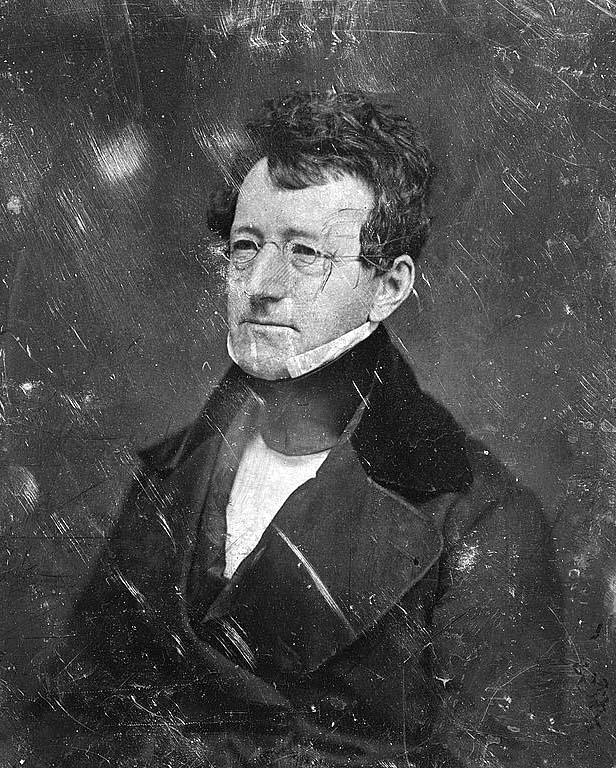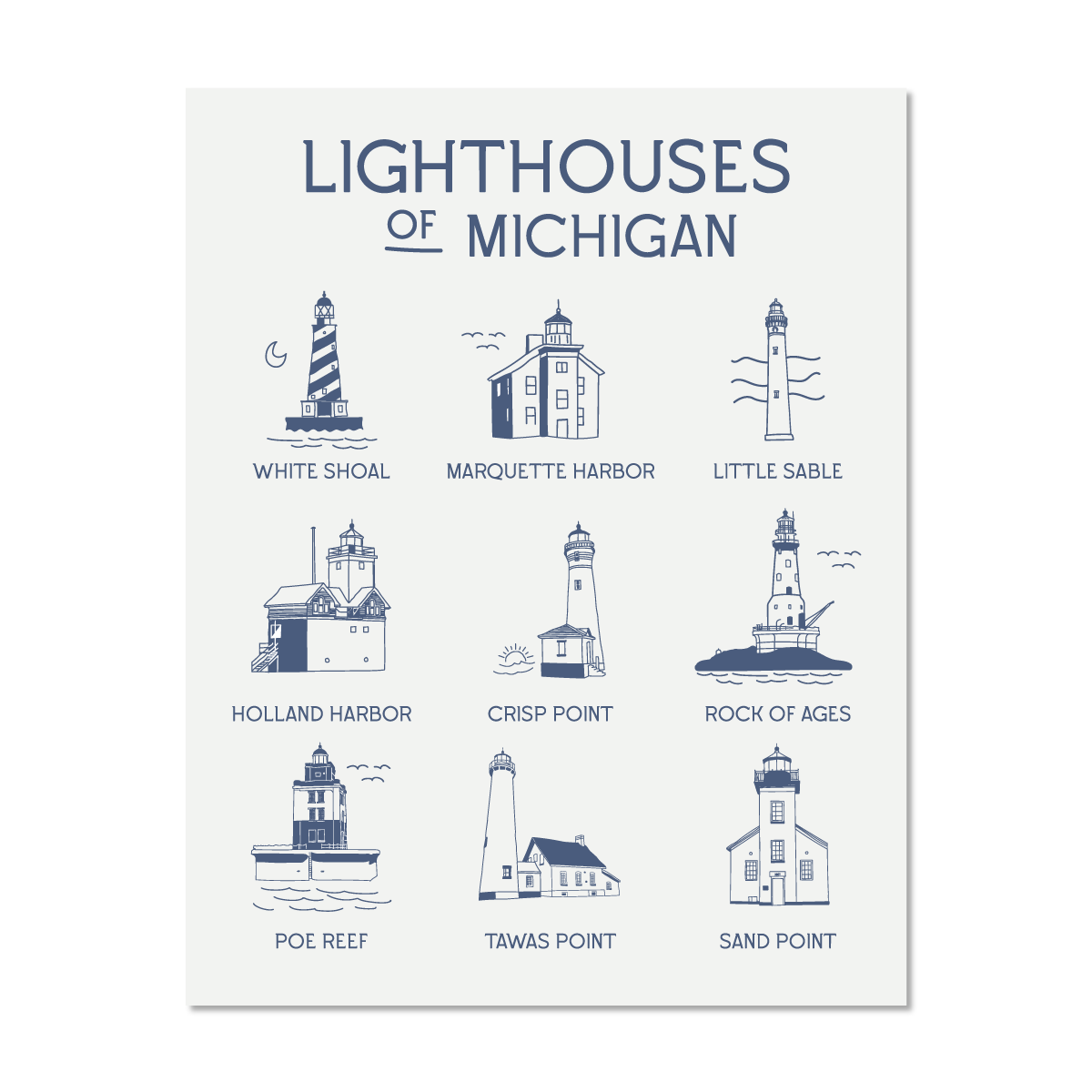`To Lake Superior` by Samuel G. Goodrich
Recently we came across this poem by Samuel Griswold Goodrich (August 19, 1793 – May 9, 1860). Goodrich was born in Connecticut and became a bookseller and publisher in Hartford. He would later move to the Boston area where he began publishing The Token for fourteen years. He was eventually elected a member of the Massachusetts House of Representatives in 1836 and a member of the Massachusetts State Senate in 1837. He was better known by his pseudonym, Peter Parley. Under this name he wrote Peter Parley’s Story of the Trapper (1829) where he wrote the following about Lake Superior.

“I suppose you have heard of Lake Superior. It lies several hundred miles northwest of Boston. It is an immense sheet of water with many islands in it. The shores are in some parts wild and rocky, but the islands in summer are very green and beautiful.
This great lake is nearly surrounded by forests. There are no towns, and no white people there, but the woods are inhabited by wild beasts of various kinds, and tribes of Indians.
The wild animals are deer, of which there are a great many. Moose, an animal as tall as a horse, with large branching horns, buffaloes which are as big as oxen, beavers larger than a cat, with very soft fur, of which hats are made.”
The following poem was published in May of 1851 by Wellman’s Monthly Literary Miscellany. I was not able to find a reference of him visiting Lake Superior, though it certainly sounds like he did.
To Lake Superior
Father of Lakes! thy waters bend,
Beyond the eagle’s utmost view,
When, throned in heaven, he sees thee send
Back to the sky its world of blue.
Boundless and deep the forests weave
Their twilight shade thy borders o’er,
And threatening cliffs, like giants, heave
Their rugged forms along thy shore.
Nor can the light canoes, that glide
Across thy breast like things of air,
Chase from thy lone and level tide,
The spell of stillness deepening there.
Yet round this waste of wood and wave,
Unheard, unseen, a spirit lives,
That, breathing o’er each rock and cave,
To all, a wild, strange aspect gives.
The thunder-riven oak, that flings
Its grisly arms athwart the sky,
A sudden, startling image brings
To the lone traveller’s kindled eye.
The gnarled and braided boughs that show
Their dim forms in the forest shade,
Like wrestling serpents seem, and throw
Fantastic horrors through the glade.
The very echoes round this shore,
Have caught a strange and gibbering tone,
For they have told the war-whoop o’er,
Till the wild chorus is their own.
Wave of the wilderness, adieu–
Adieu, ye rocks, ye wilds, ye woods!
Roll on, thou Element of blue,
And fill these awful solitudes!
Thou hast no tale to tell of man.
God is thy theme. Ye sounding caves,
Whisper of Him, whose mighty plan,
Deems as a bubble all your waves!


